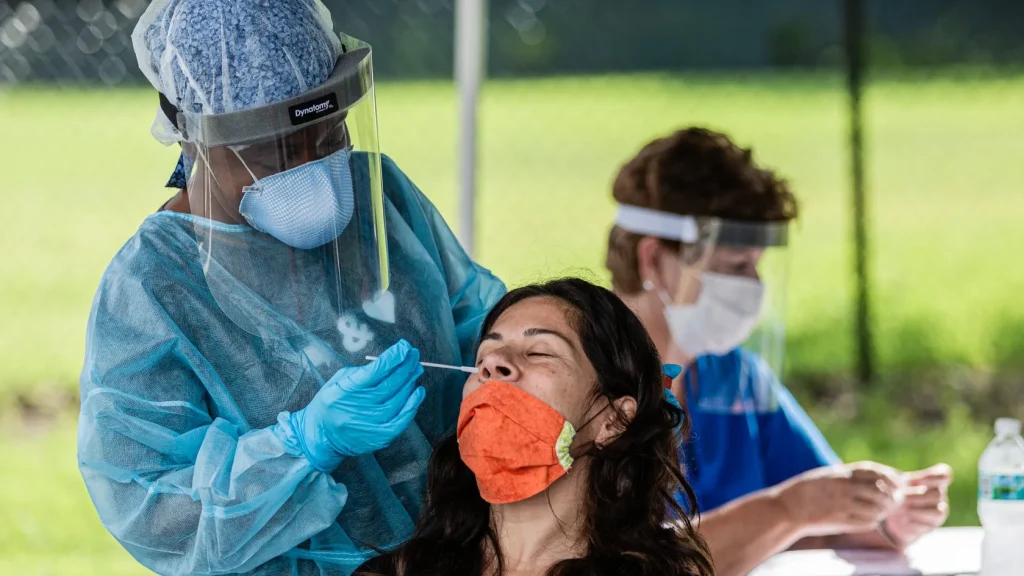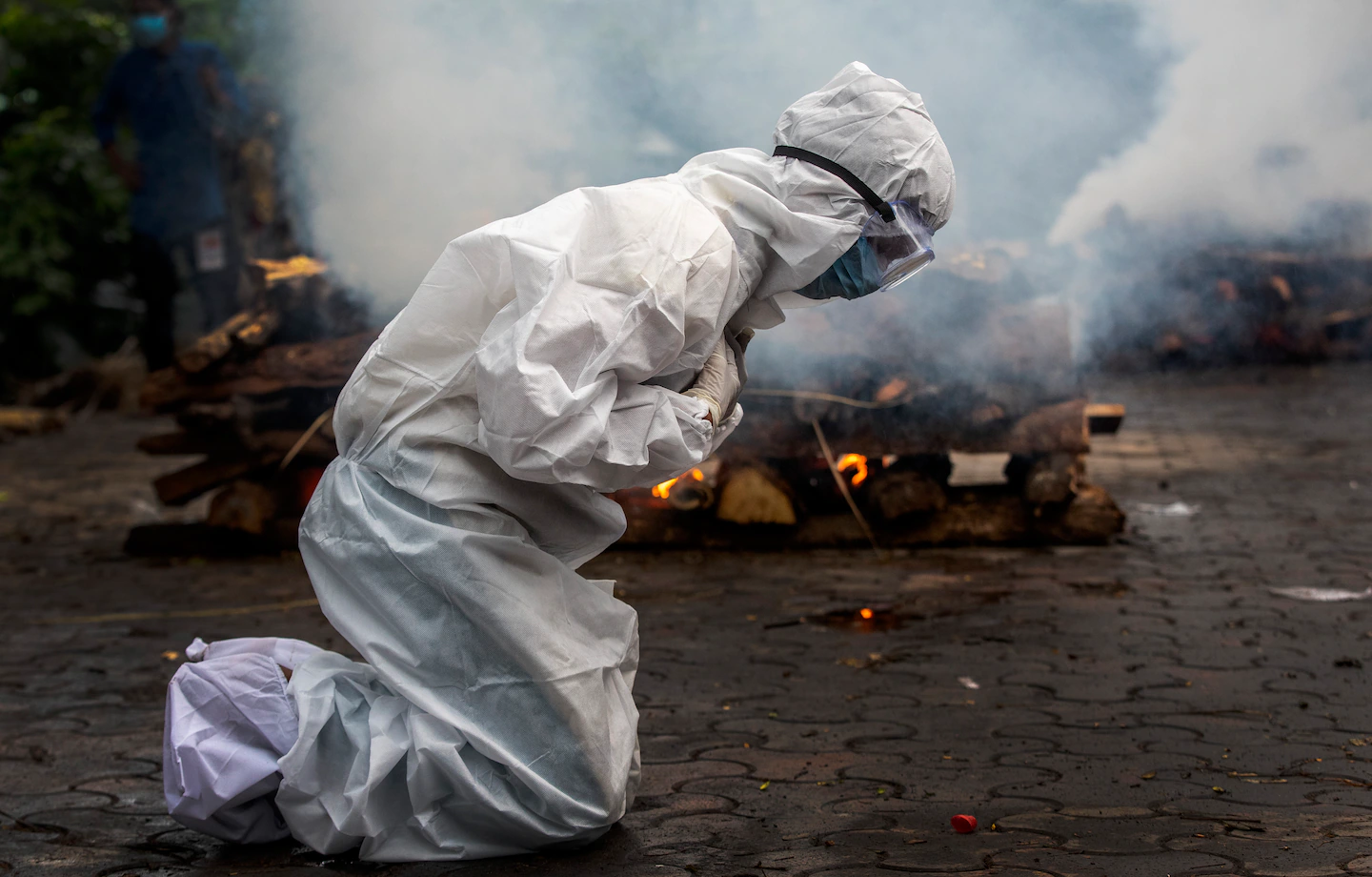As Florida grapples with the relentless impact of the COVID-19 pandemic, the latest data from the Florida Department of Health reveals a concerning rise in the state’s resident death toll. As of Monday, the somber count stands at 93,224 deaths since the pandemic’s onset in 2020, underscoring the persistent challenges faced by the state’s healthcare system.
A poignant reflection of the virus’s severity is evident when examining the trajectory of COVID-19-related deaths over the years. In 2020, Florida documented 23,344 deaths, a number that surged to 39,866 in 2021. The subsequent years witnessed a marginal decline, with 21,282 deaths in 2022 and 8,403 in 2023.
However, the dawn of the current year brings alarming figures, with 329 reported deaths from COVID-19 already. Palm Beach County and Miami-Dade County emerge as focal points of concern, bearing a significant burden of these fatalities. The most recent data reveals 28 reported deaths in Palm Beach County and 27 in Miami-Dade County for this year alone.
Reflecting on the preceding year, 2023 painted a grim picture for Miami-Dade County, which bore the brunt of the pandemic with a staggering 800 reported deaths due to COVID-19, earning the dubious distinction of having the highest death toll in the state. Palm Beach County closely followed with 604 deaths during the same period.

Read more:
- Neglect of HIV-positive inmate’s health alleged in California jail, says lawsuit
- Danger to AI innovation from state and local involvement
- Hochul sidesteps ‘Under the Hood’ test amid school bus driver shortfall
- $300K Fine Imposed on NY Midwife for Fake Vaccine Fraud
These escalating numbers serve as a stark reminder of the persistent challenges faced by Florida’s healthcare infrastructure. The burden on hospitals and healthcare professionals remains palpable, emphasizing the need for immediate and robust preventive measures to curb the virus’s spread.
Palm Beach County’s report of 28 deaths this year signals a concerning trend, highlighting the urgency for targeted interventions. Similarly, Miami-Dade County, having experienced 27 deaths in the current year, underscores the gravity of the situation. The impact on these communities is not only measured in numbers but in the profound loss and grief experienced by families and communities.
The continuous rise in COVID-19 deaths is a clarion call for enhanced vaccination campaigns and a renewed commitment to public health measures. Vaccination remains a potent tool in mitigating the severity of the virus and preventing hospitalizations and deaths. The imperative lies not only in vaccinating the unvaccinated but also in ensuring booster doses for those eligible.
Additionally, public awareness and adherence to preventive measures such as mask-wearing and social distancing play a pivotal role in curbing the virus’s spread. Community engagement and education initiatives can further empower individuals to make informed decisions about their health and contribute to the collective effort against COVID-19.
As Florida faces the challenges posed by the current surge in COVID-19 deaths, a unified response from government authorities, healthcare professionals, and the community is crucial. The toll on lives is a stark reminder of the virus’s impact, making it imperative to redouble efforts to safeguard the health and well-being of residents across the state. The fight against COVID-19 requires collective resilience, empathy, and a commitment to prioritizing public health in these challenging times.

